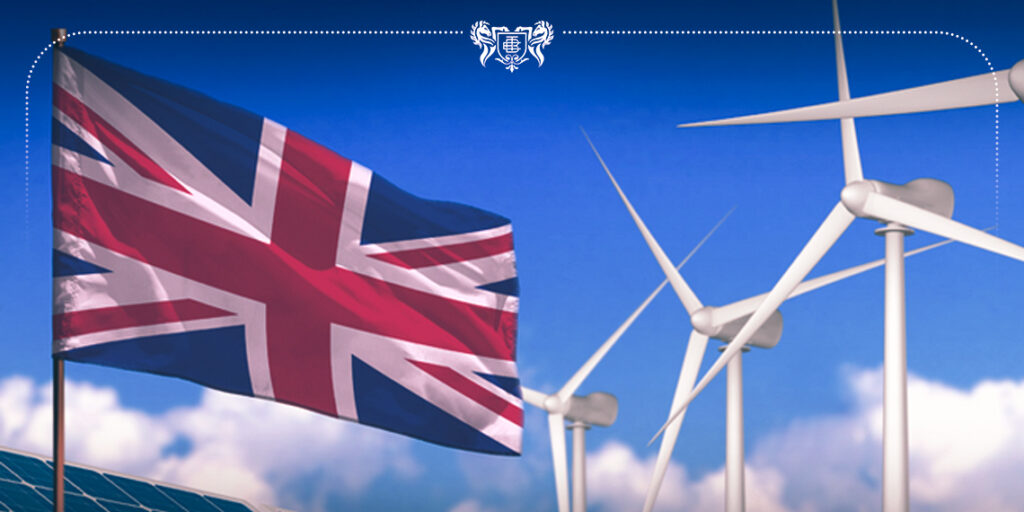Climate advocates are calling on UK ministers to set even bolder emissions reduction targets following guidance from the Climate Change Committee (CCC), the government’s official climate adviser.
In a recent letter to Energy Secretary Ed Miliband, the CCC recommended that the UK adopt an 81% emissions cut target by 2035 (compared to 1990 levels), excluding emissions from aviation and shipping.
Miliband faces a decision on whether to incorporate the CCC’s recommendations into the UK’s upcoming international climate commitments, set to be presented at the UN’s Cop29 climate summit in Azerbaijan this November. If adopted, the target would align with the UK’s domestic carbon budgets aimed at achieving net-zero emissions by 2050.
Climate campaigners are pushing for even more ambitious targets. Mike Childs of Friends of the Earth warned, “With the escalating climate crisis, the 81% target should be seen as a baseline.”
Catherine Pettengell, head of Climate Action Network UK, echoed this, saying the target “should be a floor, not a ceiling, for UK climate action.” Greenpeace UK’s Doug Parr urged the government to detail actionable steps, like increasing renewable energy and ending new oil and gas licenses, to achieve these goals.
In setting the new national target, the UK also faces a decision on whether to account for emissions from aviation and shipping.
While included in domestic budgets, these emissions were not explicitly covered in the 2015 Paris Agreement, as they’re difficult to attribute to specific countries. Sustainable transport advocates argue these emissions should be included in the UK’s internationally declared goals, aligning with the UK’s carbon commitments.
The new Nationally Determined Contribution (NDC) isn’t due for submission to the UN until next February, but Keir Starmer has promised an early UK target announcement at Cop29, reinforcing the UK’s position as a global climate leader.
In recent UN remarks, Starmer pledged that the UK would “reset its climate approach” and advance international climate goals. Delivering the NDC early could also encourage other major economies to set stronger targets.
However, the future of international climate efforts is uncertain. The US election, just days before Cop29, could see a return to policies favoring fossil fuels, with Donald Trump pledging to dismantle Joe Biden’s green initiatives if elected.
In the UK, upcoming five-year carbon budgets are expected to be challenging, particularly as the seventh budget is set to be outlined next year.
This political landscape has sparked new debate within the Conservative Party, with some candidates expressing resistance to net-zero policies.
A spokesperson for the Department for Energy Security and Net Zero stated, “Britain’s climate leadership is crucial both to secure clean energy for today and to protect future generations.” The UK is poised to announce its ambitious climate contribution at Cop29 to support the global goal of limiting warming to 1.5 degrees.


